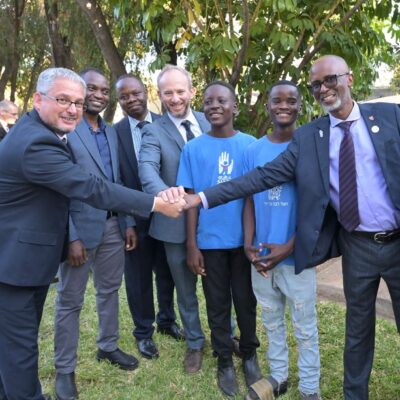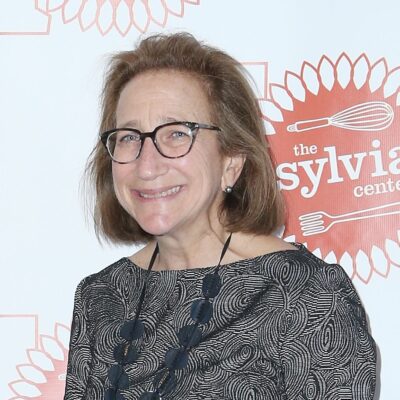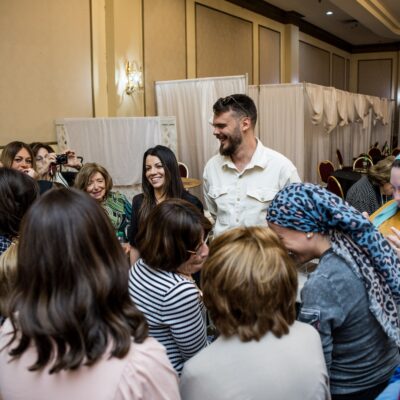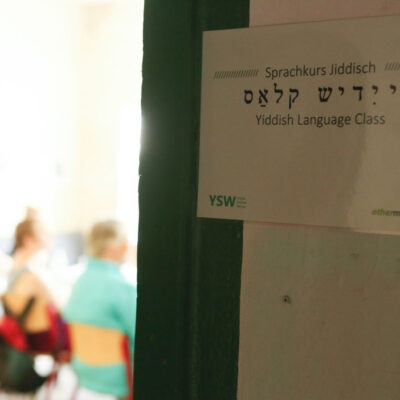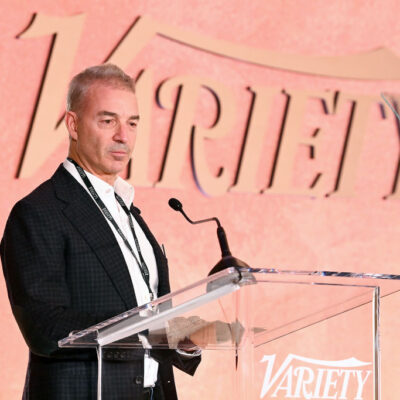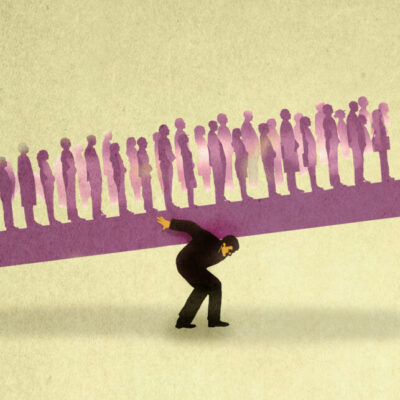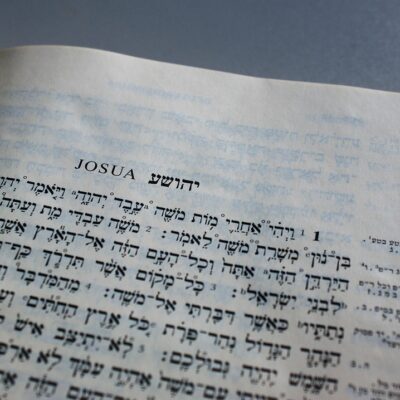Turning an In-Person Fundraiser Into a Successful Online Event

By Rachael Burgess, Rachel Forth and Jackie Land
Our organization’s annual Spring fundraiser in the Chesapeake area was fast approaching. On April 19, we expected a large number of people from seven area Reconstructionist Jewish congregations to attend. Event planning and registration was well underway when the coronavirus shut the world down in mid-March.
We knew that canceling this nearly 30-year-old event wasn’t the best option; its absence would have been a disappointment to the attendees and the well-deserving honorees. Once we decided to move the event online, somehow, someway, we had to figure out exactly how to transition – and quickly.
To give away the ending, things turned out far better than we could have expected.
More people participated this year than ever, both in attendance and contributions to the event’s tribute journal. Since the expenses of running an online event were considerably less than for an in-person gathering, our net revenue was greater than past years. And last, but certainly not least, our event honorees were effusively happy with the result. Here’s how we pulled it off and what we think other nonprofits might learn from our experience.
Remember That Time Passes Differently Online
As originally planned, the Chesapeake event had two main parts: a celebration of honorees from the seven congregations, and an educational program with a keynote address and workshops. Normally, this event lasts about five hours. It is a lovely and enriching time to celebrate and learn with others. But time online is different. We knew that there was no way people would watch a livestream video for that long.
To remedy this problem, we consulted with our event co-chairs. We made the decision to divide the April 19 event into multiple events, keeping the April 19 date for the honoree program. The education portion was recast as a series of four events lasting until the end of May. Each event is far shorter than five hours, making them each easily digestible for a livestream viewer. Registration for the honoree event and the educational events has been excellent, as has participation.
Select a Streaming Platform That Suits Your Event Choreography
We explored various streaming options to determine which worked best for the April 19 event. Many people were new to videoconferencing, so we needed a platform that allowed us to manage the event choreography without being so complicated as to dampen the participants’ experience. (One necessary feature was global muting so that we wouldn’t waste participants’ time by asking them to mute themselves.) We found that Zoom Webinar had a level of functionality that suited our event. It enabled us to feature speakers and honorees on everyone’s screen while enabling others to chime in through the chat function, helping them feel even more a part of the proceedings. Zoom Webinar also offered a higher level of security than regular Zoom meeting.
We also made sure to test the platform against the event choreography in advance of the event. It was like a dress rehearsal with screens. By doing that, we were able to devise ways to ensure smooth transitions between speakers and honorees.
Although Zoom Webinar has a registration function, we stayed with the registration platform we had been using pre-shutdown. This continuity limited the possibility of confusion for registrants while allowing us to continue to accept donations. We extracted registration information from the registration platform and uploaded it to Zoom Webinar in order to email the Zoom links to participants. Doing this added a layer of security to prevent Zoombombing.
Despite the Economy, People Are Feeling Generous Right Now
Once we decided to make the event virtual, we wanted to be perfectly transparent about costs with the Chesapeake Reconstructionist communities. Since there would be no dinner, we offered a refund to everyone who had already registered. Most registrants generously told us to keep their registration fees as outright donations. For people who had not yet registered, we made registration free. We did request that they place a paid message in the tribute journal to recognize the honorees and support the work of our organization. So many people kindly placed messages that the journal grew to be larger than it had ever been before. After the final messages were placed, we distributed the journal digitally to all registrants and sent printed copies to the honorees as tangible keepsakes.
The generosity continues to flow. Remember the education piece of the program – the keynote address and workshops? As mentioned above, we divided it into a series of four events lasting until the end of May. The series is called the Reconstructionist Learning Series, sponsored by the Chesapeake Area Congregations. Though the branding is tied to a geographic community, it’s open to anyone, anywhere in the world. We made registration free but asked for a suggested donation. People are participating from all over the world, and they are giving. Anecdotally, this tells us that despite the uncertainty, human toll and economic depression, people are still willing to give, especially if you give them a reason and an opportunity to connect.
Online Gatherings Are Maybe Here to Stay
We believe that our experiment was an unqualified success, thanks to the generous and flexible members of the Reconstructionist communities in the Chesapeake area. Our experience is strong anecdotal evidence that right now, people are open to experimentation. Take advantage of this flexibility and try something different. You may be pleasantly surprised by the results.
There is no doubt that we would have preferred to gather in person had it been possible. We certainly hope with all our being that it will be safe and responsible to gather for this and our other events in the future.
Still, it’s hard not to feel that something has changed – that going forward, people will expect an online option in addition to in-person events. In the spirit of inclusion, of reaching people where they are and lowering barriers to participation, we are looking at providing a streaming option to all of our events even after the coronavirus crisis has passed. One day, we can have the best of both worlds. We’re hoping that day comes soon.
Rachael Burgess is an advancement officer with Reconstructing Judaism.
Rachel Forth is assistant director of engagement communications at Reconstructing Judaism.
Jackie Land is associate director of Thriving Communities at Reconstructing Judaism.
The authors may be reached at Shalom@ReconstructingJudaism.org.


